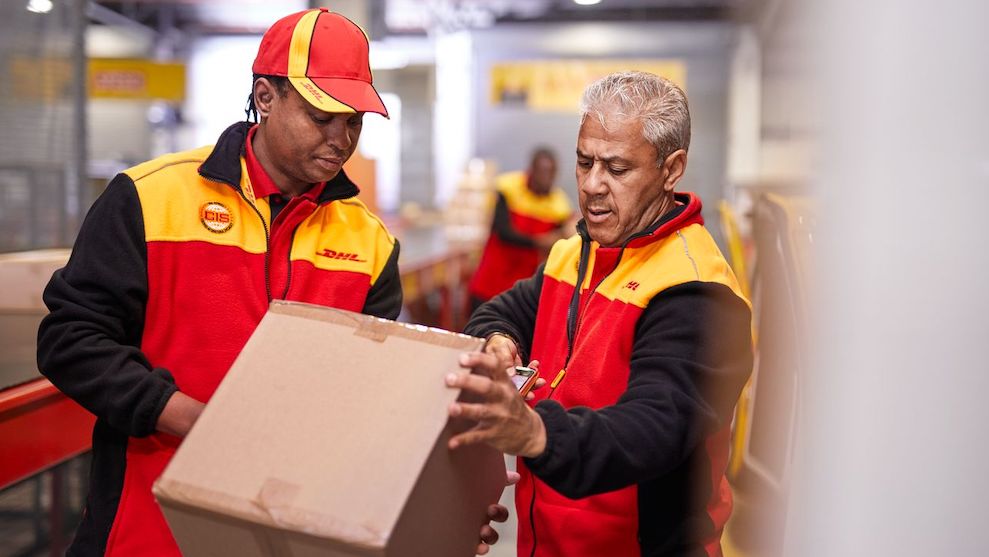Small and medium enterprises (SMEs) often underestimate their role in achieving various national and international targets, one of such being sustainability and eco-friendliness. Sustainable practices should be a regular aspect of any business, whether big or small, and must be conveyed transparently to customers.
It was reported in 2021 that 58% of adults from 24 countries are more conscious of the impact they make on the environment, with 85% willing to take specific actions to address sustainability issues. This shows that customers are more aware of their responsibility toward a greener and cleaner environment, and such behavioral traits will spill over when it comes to choosing products and services. Brands that actively meet sustainability goals surely have leverage when drawing in this group of customers.
Hence, as a small business with niche market offerings, one way to boost customer trust and loyalty, and ultimately sales, is by focusing your efforts on making your business operations and products more sustainable. But it doesn’t end just there. Paying attention to corporate sustainability goals can help you stay relevant.
Even if you’re starting small, understanding the three pillars of sustainability can help you position your business and product offerings in line with local and global sustainability goals.
What are the three main areas of sustainability small businesses can focus on
All businesses can approach sustainability goals via three main areas of practice: environmental, social and economic. Here’s how they can be implemented in small businesses:
Environmental
The environmental aspect of sustainability is often the most stressed. For both large and small businesses, the environmental goal for sustainability focuses on protecting our planet. This includes lowering carbon footprint, reducing wastage along the supply chain, minimizing air pollution and other factors that damage the environment.
While the obvious advantage of such measures is a healthier and greener planet, there are also financial advantages, especially for smaller businesses. For example, using less or recyclable eco-friendly packaging to reduce waste saves on costs, which is beneficial for smaller businesses that tend to have lower budgets to work with.
Social
The social aspect of sustainability initiatives focuses on gaining the support of all your stakeholders. These would mean everyone involved directly or indirectly with your brand, from your business partners and employees to your customers and the wider global community. As a small business, not only do you want to find ways to directly make your business grow but you’d also want to give back to those involved so you can rally their support that will go a long way for your business. For instance, treating your employees fairly would help you retain your best talent that can supercharge your business; calling out social issues like unethical working environments along the supply chain can garner the support of the public and increase brand following. Since most small businesses do not have as much finances as their larger counterparts when it comes to brand awareness marketing, you can focus on indirect initiatives such as these to cement your brand identity among the masses.
Economical
The economic aspect of sustainability in businesses boils down to this: to be sustainable, a company must be profitable. Organizations must focus on good governance, compliance, and risk management to align the economic interests of the shareholders, employees and consumers. For smaller businesses, paying attention to these is necessary to stay afloat amid the competition and increased volatility of the markets across the globe.
Sustainability in the Philippines & beyond
The Paris Agreement of 2017 stated that the Philippines is committed to reducing greenhouse gas emissions by 70% by 2030. Now, they commit to reducing these by 75% by 2030. In 2020, the Central Bank of the Philippines rolled out the sustainable Financial Framework. Banks must adopt environment-friendly practices into their operations while supporting environment-friendly businesses, both SMEs and enterprises.
On a global level, businesses’ plans and ideas must align with the Sustainable Development Goals as laid down by the United Nations in 2015. These goals broadly include ending poverty, fighting inequality and injustice, and protecting our environment to make the planet a greener and better place to live in by 2030.
Whether big or small, all businesses must play their role in achieving these sustainability goals by first being responsible when operating their business, following which grabbing onto opportunities to solve societal issues via innovation and collaboration. These green initiatives will go a long way in ensuring a sustainable future for our next generations.
















